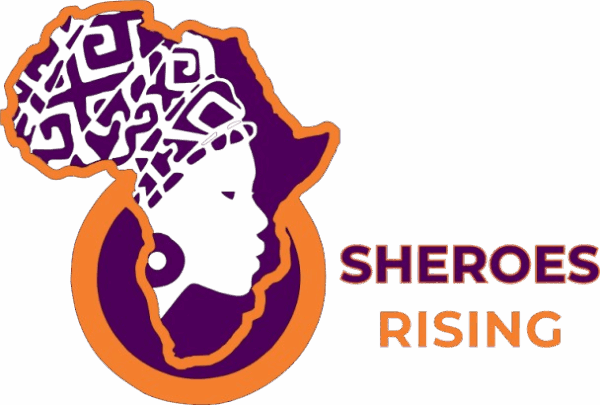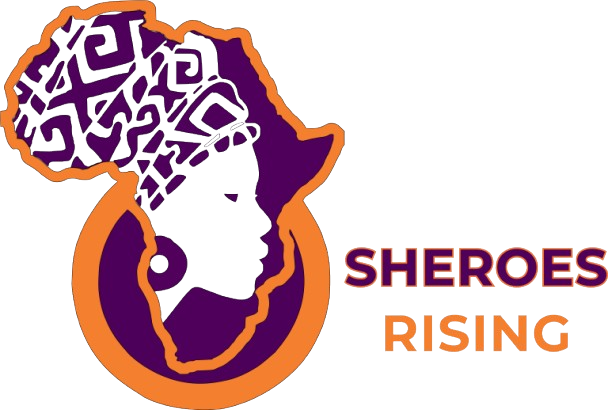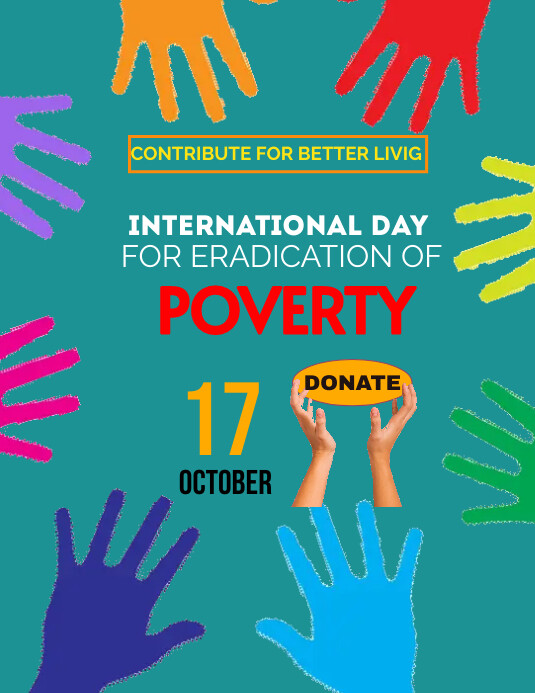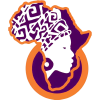The International Day for the Eradication of Poverty is a day set to serve as a global reminder that poverty is not inevitable; it is a product of systems that can be changed.
It was first recognized by the United Nations in 1992, inspired by a call from anti-poverty activists who wanted the voices of the poor to be heard.
While poverty is a global issue that affects millions across continents, its impact is often felt most deeply at the local level. In Nigeria, as in many parts of Africa and Asia, poverty continues to shape daily realities, limiting access to food, education, and employment despite ongoing global and national efforts.
However, poverty is not only about empty pockets, it is also about empty hope. It is about being trapped in a life where every door is shut before even being knocked on.
For most women, girls, and children, poverty is not just an economic limitation; it is a slow, silent form of violence. It does not always kill quickly. Instead, it breaks dignity, steals dreams, and suffocates the spirit, until one day, the silence swallows everything.
Women in Poverty: Buried Beneath Shame, Sacrifice, and Survival
A poor woman’s life is not lived; it is endured.
For women, poverty becomes a lifetime sentence of unpaid labor and unpaid pain. They are expected to raise families without resources, sacrifice their own health, and absorb blame for conditions they never created. When they seek support, systems built to help them often humiliate them instead.
Once married or employed, poverty-stricken women are rarely safe. Many find themselves dependent on abusive partners or exploitative employers, with no financial freedom to escape. Whether in homes or factories, they are trapped in unpaid, invisible labor or dangerously underpaid work, including hazardous jobs such as construction, domestic servitude, or informal street work.
When economic desperation peaks, some are coerced into sex work or trafficking, not by choice, but by circumstances of poverty.
The psychological toll is just as severe. Women in these conditions endure gender-based violence (GBV), mental trauma, and deep isolation, with no safe outlet to seek help. Instead of receiving support, they are shamed or blamed for their poverty, labeled as “uneducated,” “irresponsible,” or “lazy,” while society conveniently ignores the structures that failed them.
Real-Life Tragedy: When Financial Collapse Ended a Mother’s Will to Live
On October 8, 2025, the Ocheltree family in San Francisco became a tragic reminder of the devastating effects of financial hardship. Vietnamese immigrant Paula Truong, her husband Thomas Ocheltree, and their two daughters, aged 9 and 12, were found dead in their home. The family had faced severe financial difficulties, including business failures, mounting debts, and the foreclosure of their home. This tragedy underscores the urgent need to address the systemic issues that drive families into despair. Police found the father and daughters lifeless in their beds. Paula was discovered hanging in the garage. This was not a crime scene; it was a mother’s last scream for help in a world that never listened.
Girls in Poverty: Childhood Traded for Survival
For girls, poverty creates high-risk pathways that shape life trajectories early. In many low-income households, a girl is seen not as a child to be nurtured, but as a responsibility to be managed.
She is pulled out of school to take care of siblings, cook, clean, or fetch water, while her brothers continue their education. Even when schooling is officially “free,” uniforms, transport, and social expectations push her out.
According to UNICEF, over 129 million girls worldwide are out of school, not because of a lack of ability, but because poverty decided their fate.
For many, childhood ends with early marriage, forced upon them under the excuse of “protection” or “economic relief.” Girls as young as 12 or 13 are handed off into marriages where they face domestic servitude, sexual violence, and early motherhood, long before their bodies or minds are ready.
Globally, 21% of girls are married before the age of 18, and poverty is often the driving force. Families under extreme financial pressure see marriage as a survival strategy, exchanging childhood for perceived security.
These girls are thrust into adult responsibilities too soon, stripped of education, autonomy, and safety, their dreams postponed or destroyed entirely. Early marriage compounds vulnerability; it increases the risk of domestic abuse, early pregnancy complications, and social isolation, trapping girls in a cycle of poverty that is difficult to escape.
Those who remain unmarried are not necessarily safe. Millions of children are forced into labor on farms, in factories, in homes, or on the streets, just to contribute to family income.
Children in Poverty: Born Innocent, Condemned Guilty
Children do not choose poverty, yet they carry its heaviest burden. Little boys work in factories when they should be playing. Little girls carry water jars heavier than their own bodies.
Some children sleep hungry, others sleep on the streets. Many grow old long before they grow up.
Poverty steals not just their food, but their confidence, security, laughter, and future. Worse, poverty teaches them shame, as if being born poor was their fault.
To make matters worse, the rise of social media has created a new form of poverty-based humiliation. While wealthy lifestyles and unrealistic beauty standards dominate online spaces, poor women and girls, lacking fashionable clothes, smartphones, or “social status,” are ridiculed, excluded, and made to feel inferior.
Some are even lured into online exploitation, tricked by fake job offers or manipulated into sharing personal images in exchange for financial help. Rather than empowering them, social media often acts as a mirror of inequality and digital degradation, reinforcing the message that they are “less than others.”
Facts and Statistics
- According to the National Bureau of Statistics (NBS), about 133 million Nigerians live in multidimensional poverty, meaning they lack access to basic needs such as food, healthcare, and education.
- The World Bank notes that youth and women make up the largest share of the poor in Nigeria, reflecting structural gender and generational inequalities.
- Youth unemployment remains high: in Nigeria, over 35% of young people are unemployed or underemployed, which impedes efforts to break cycles of poverty.
- Women and girls are disproportionately affected globally, women are more likely to live in poverty due to lower wages, unpaid care work, and less access to assets and finance.
- Millions of children are out of school, and thousands of small business owners lack access to credit, keeping families trapped in a cycle of survival rather than growth.
Pathways to Eradication
1. Education & Changing Mindsets
- Education is foundational: equipping people with skills, critical thinking, and confidence helps them start businesses, and break dependency cycles.
- Changing mindsets means shifting perceptions that poverty is inevitable and promoting a culture of dignity and that empowers individuals to strive for better.
- Curriculum reforms can integrate financial literacy and entrepreneurship in rural and underserved areas.
2. Empowerment and Poverty Alleviation Schemes: Several government and NGO-led initiatives such as conditional cash transfers, youth empowerment programs, and women-focused microfinance schemes have shown promise. However, sustainability is key. Empowerment must go beyond temporary relief; it must equip individuals to create wealth, not just receive aid.
3. Poverty eradication also depends on fair access to economic opportunities. Policies that support small businesses, local agriculture, and women entrepreneurs can help bridge the gap between survival and stability. Social safety nets should ensure that vulnerable families, widows, the elderly, and people with disabilities are not left behind.
As we observe the 2025 International Day for the Eradication of Poverty, we must remember that the fight against poverty is not charity; it is justice. Every Nigerian child who gains access to education, every woman who earns financial independence, and every family lifted from deprivation represents a victory for humanity.
Eradicating poverty requires not only compassion but also:
- Commitment,
- Accountability,
- Inclusion.
If Governments, communities, and individuals work together- empowering minds, reforming systems, and valuing human dignity, a poverty-free future can become more than just a dream; it can become our shared reality.
UMM E HABIBA & NSIKAK A. EKONG
Punjab, Pakistan Abuja, Nigeria









